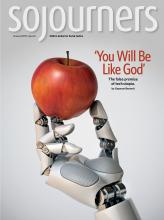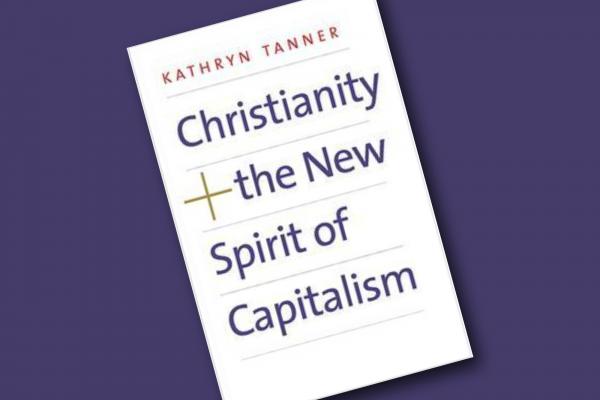FINANCE-DOMINATED capitalism uses a variety of institutional means to single out individuals and render them accountable for their own fortunes, the bearers of either praise or blame. Economic success or failure becomes one’s individual responsibility, revelatory of who one is as a person. Moralized evaluation of individual success or failure figured prominently in the old Protestant work ethic and now reappears in exaggerated form within a finance-dominated work ethic.
Economic success or failure in that old religious ethic was deemed indicative of one’s fundamental individual character—reflective, that is, of the particular standing before God that defined one in religious terms, success being a mark of election to salvation, failure a sign of exclusion. Hoping to confirm one’s salvation by the character of one’s economic activity, one worked hard as capitalism demanded—to gain economic success and in that way distinguish oneself from others, not just economically but religiously.
Read the Full Article

